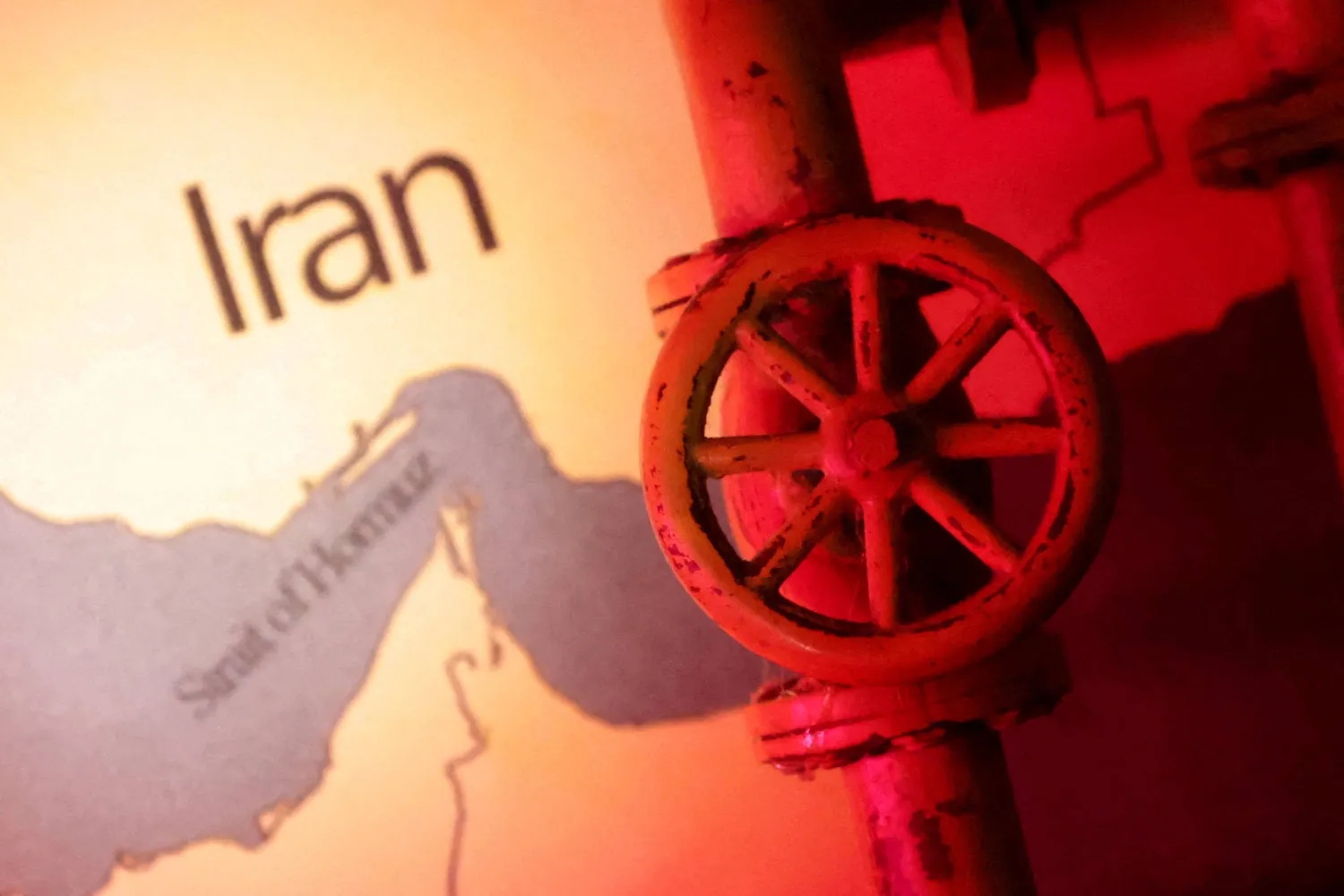Chinese President Xi Jinping promised foreign companies greater access to China’s huge market and more than $100 billion in new financing for other developing economies as he opened a forum Wednesday on his signature Belt and Road infrastructure initiative.
Xi's initiative has built power plants, roads, railroads and ports around the world and deepened China’s ties with Africa, Asia, Latin America and the Middle East.
Tt the forum’s opening ceremony at the ornate and cavernous Great Hall of the People, Xi promised that two Chinese-backed development banks – the China Development Bank and the Export–Import Bank of China – will each set up 350 billion yuan ($47.9 billion) financing windows. An additional 80 billion yuan ($11 billion) will be invested in Beijing's Silk Road Fund to support BRI projects.
“We will comprehensively remove restrictions on foreign investment access in the manufacturing sector,” Xi said. He said China would further open up “cross-border trade and investment in services and expand market access for digital products” and carry out reforms of state-owned enterprises and in sectors such as the digital economy, intellectual property rights and government procurement.
The pledges of hefty support from Beijing come at a time when China's economy has slowed and foreign investment has plunged.
Xi alluded to efforts by the United States and its allies to reduce their reliance on Chinese manufacturing and supply chains amid heightened competition and diplomatic frictions and reiterated promises that Beijing would create a fairer environment for foreign firms.
“We do not engage in ideological confrontation, geopolitical games nor clique political confrontation,” Xi said. “We oppose unilateral sanctions, economic coercion and the decoupling and severance of chains,” a reference to moves elsewhere to diversify industrial supply chains.
Reiterating Chinese complaints that such moves are meant to limit China's growth, Xi said that “viewing others’ development as a threat or taking economic interdependence as a risk will not make one’s own life better or speed up one’s development.”
“China can only do well when the world is doing well,” he said. “When China does well, the world will get even better.”
Representatives from more than 130 mostly developing countries are attending the forum, including at least 20 heads of state and government. Russian President Vladimir Putin is attending, reflecting China’s economic and diplomatic support for Moscow amid the isolation brought by its war in Ukraine.
Addressing the forum right after Xi, Putin praised BRI as being “truly important, global, future-oriented, aimed at creating more equitable, multipolar world relations."
“This is truly a global plan,” he said, adding that it aligns with Russia's plan “to form a large Eurasian space, as a space of cooperation and interaction of like-minded people, where a variety of integration processes will be linked.”
He referred to other regional organizations, such as the security-oriented Shanghai Cooperation Organization, the Association of Southeast Asian Nations (ASEAN), and the Eurasian Economic Union of former Soviet states.
Several European officials including the French and Italian ambassadors to China and former French Prime Minister Jean-Pierre Raffarin walked out while Putin spoke and returned afterwards.
On Tuesday, Putin met with Hungarian Prime Minister Viktor Orbán, who is the sole European Union government leader attending the forum. Their meeting was a rare instance of the Russian president meeting a European leader since the start of Russia’s war in Ukraine in February 2022.
Putin met with Xi after the opening ceremony.
Also in attendance are the presidents of Indonesia, Argentina, Kazakstan, Sri Lanka, Kenya among other countries, as well as UN Secretary-General António Guterres. Most Western European countries and US allies sent lower level or former officials to the forum.
Guterres highlighted the BRI’s potential to bring development to neglected areas while stressing the need for projects to be environmentally sustainable. He said the initiative could help drive the transition away from reliance on fossil fuels.
“Developing countries will need massive support for a fair, equitable and just energy transition toward renewables while providing affordable electricity to all,” Guterres said.
He also called for an “immediate, humanitarian” ceasefire in the Israel-Palestine war after a strike killed hundreds at a Gaza City hospital on Tuesday.
With the BRI, China has become a major financer of development projects on a par with the World Bank. The Chinese government says the initiative has launched more than 3,000 projects and “galvanized” nearly $1 trillion in investment.









